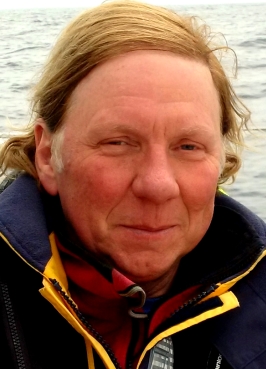
Malcolm Rowe gave an extraordinary explanation of his interpretation of aboriginal and treaty rights to MPs and senators. Rowe’s remarks came during a 90-minute town-hall style appearance at the University of Ottawa. Rowe expressed a personal hope that Canada’s “project of reconciliation” with aboriginal people will be achieved.
Rowe said that aboriginal and treaty rights existed prior to their enshrinement in the repatriated 1982 Canadian Constitution Act, and were beginning to be recognized by courts, “but they were vulnerable to infringement.” Aboriginal law cases are, increasingly, a large part of the Supreme Court of Canada’s caseload.
Rowe suggested the courts must take a cautious approach and not get in front of governments and indigenous leaders, themselves, who must engage in the dialogue, and bring along the public. “There’s an interesting relationship between the courts, particularly the Supreme Court of Canada, and governments and indigenous leadership in terms of how much the court says and when it says it. I think it would be unwise of the court to get out ahead of a process which I truly hope will be a process of reconciliation . . . which will come through nation-to-nation dealings, and, in a sense, the courts should stand a little apart from that,” he said.
Rowe also explained judges have a role in constitutional cases to ensure that the rights of Canadians are respected when state action infringes on the rights and freedoms guaranteed by the Charter.
He discussed his views on victims’ rights, on the need for diversity at the courts, and on the need for clarity in judicial rulings. “What’s the use of a statement from the Supreme Court of Canada if you can’t figure out what it says?” he commented. Rowe said victims have long been a forgotten part of the criminal justice system, but he welcomed the recent changes to support them. “The pursuit of victims’ rights is a good thing, and our society is better for it.”
Rowe showed he speaks French well during the hearing. He admitted his grammar is not perfect and he occasionally searches for words, but would continue to study the language on the bench.
Rowe said he hesitated a great deal before applying for the job: “This is an enormous responsibility. I know when you sit around the cabinet table you exercise an enormous responsibility, I’ve sat close to it. But there is a different kind of responsibility when it comes to being a judge and I wear it heavily . . . . Did I want to take on a heavier cloak?” he said.
“I can’t tell you how happy I am to be here,” Rowe said.


Be the first to comment